The Emergence of Decentralized Science (DeSci) Platforms
December 5, 2025
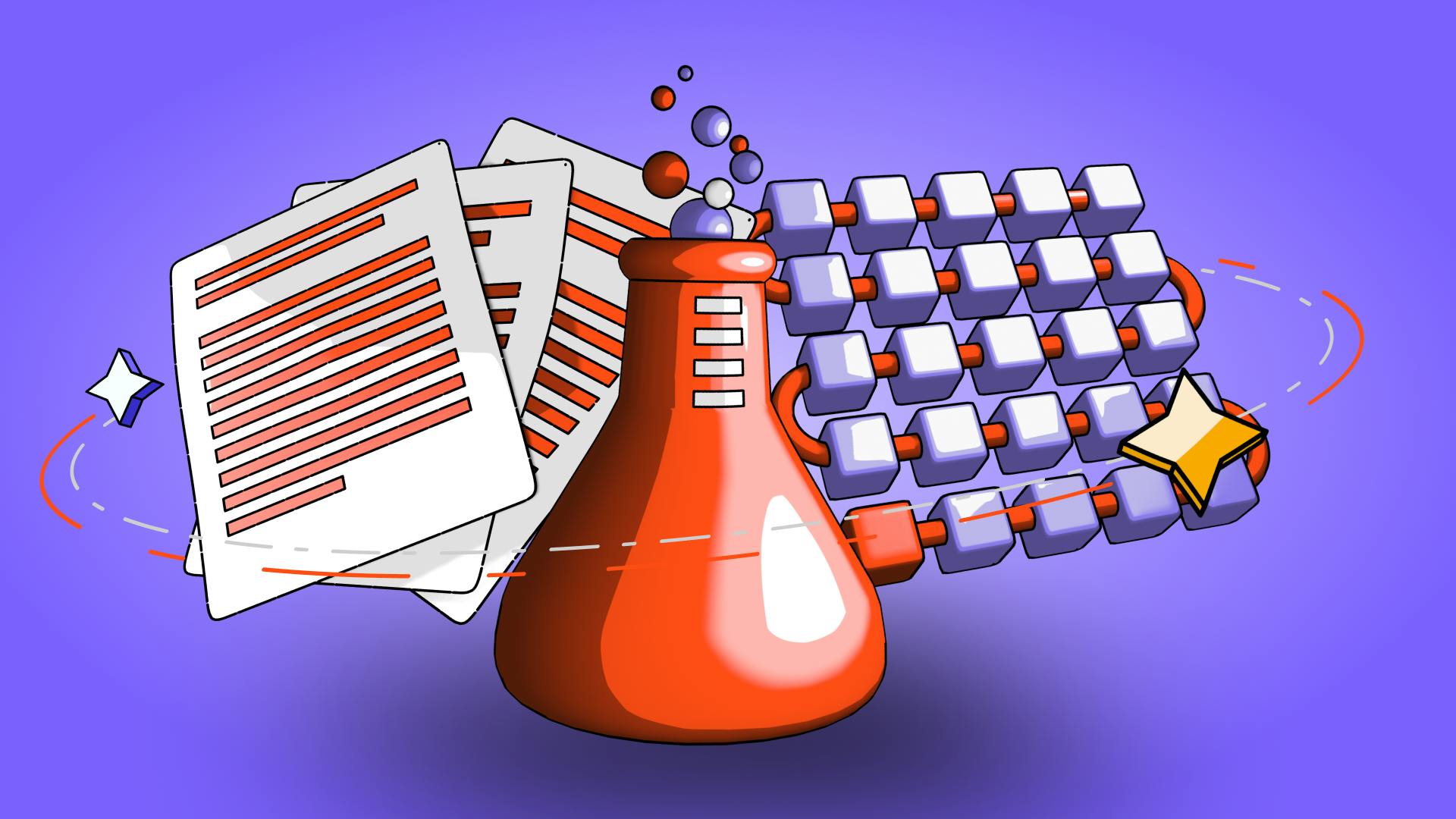
by Coinmetro Editorial Team
December 5, 2025
Decentralized Science (DeSci) is a new approach to scientific research that uses blockchain technology to increase transparency and accessibility. By removing traditional intermediaries like publishers and funding institutions, DeSci allows scientists to share research directly with the public and raise funds through decentralized platforms. This movement aims to make research more open and efficient.
Blockchain technology has already transformed finance, supply chains, and other industries. In science, it ensures that data and findings are stored securely and transparently, allowing anyone to verify and access them. This shift can potentially democratize research, making scientific progress faster and more collaborative.
This article will outline:
- What Is Decentralized Science (DeSci)?
- How Decentralized Science platforms work
- Benefits of Decentralized Science platforms
- Examples of prominent DeSci platforms
- Challenges facing DeSci
- The future of decentralized science
Decentralized Science (DeSci) is a new way to conduct and share scientific research using blockchain technology. It removes the need for traditional gatekeepers like universities, governments, publishers, and funding agencies. By leveraging blockchain, DeSci allows researchers to publish data, collaborate, and access funding in a transparent, democratic, and secure manner.
Decentralization refers to the removal of centralized control. In DeSci, researchers have more direct control over their work and can share findings without relying on centralized institutions. Blockchain plays a key role in DeSci. It ensures that research data, funding, and peer reviews are stored securely and publicly. This technology makes all processes transparent, allowing everyone to verify the information.
Open science is a central concept in DeSci. It promotes free and open access to research, allowing anyone to contribute, review, and use scientific data. This makes science more inclusive and speeds up the progress of discoveries, similar to how open-source code fosters collaboration and innovation in software development.
Smart contracts: These automate agreements, such as funding releases when research milestones are met, reducing the need for external oversight.
Tokenization: Researchers can raise funds by issuing tokens that represent ownership or access to future research, allowing for decentralized funding.
Peer-to-peer interaction: Scientists, funders, and reviewers can engage directly on the platform, promoting collaboration and eliminating the need for centralized control.
Breaking Down the Code: Discover The Anatomy of a Smart Contract
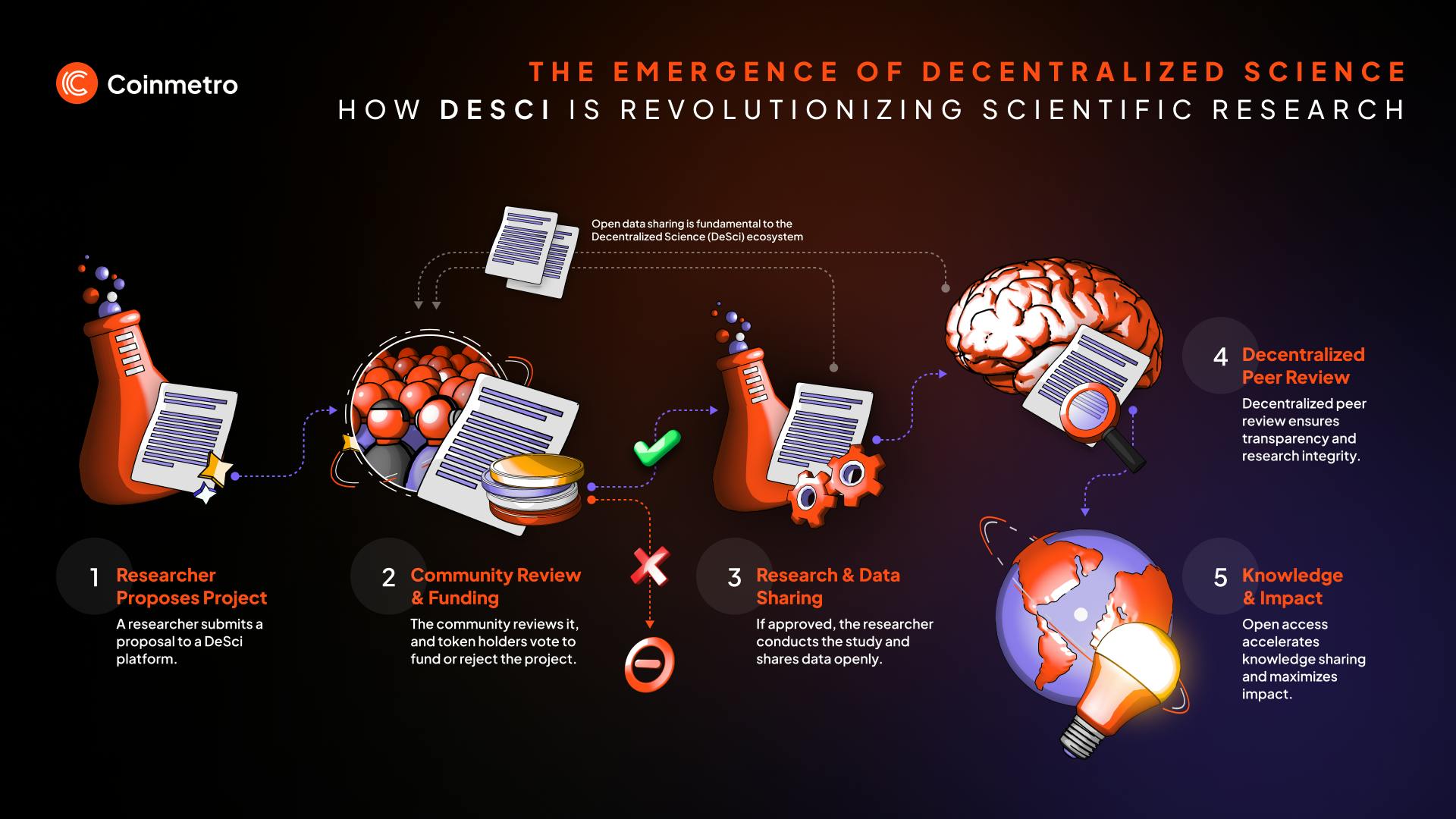
Decentralized Science (DeSci) platforms offer several key benefits that address limitations in the traditional research system. These platforms increase transparency, enhance funding opportunities, and ensure researchers retain control over their work.
Transparency in Research and Funding: DeSci platforms log research and funding on the blockchain. Anyone can check data accuracy and how funds are used. This transparency builds trust with researchers and the public.
Direct, Public Funding: DeSci lets researchers raise money straight from the public or investors. It skips slow institutional funding processes. Innovative projects get support faster this way.
Open Access to Data: DeSci prioritizes open access for all research and data. It removes paywalls to speed up knowledge sharing. More people benefit from scientific progress.
Community-driven Peer Review Processes: DeSci uses community peer review, not just journal-selected experts. This cuts bias and adds diverse views. Research quality improves with broader input. Questioning the data beats “The science is settled” dogma.
Data Ownership & Intellectual Property: DeSci platforms give researchers control over their intellectual property. Researchers can timestamp their discoveries using blockchain, proving ownership while sharing their findings openly. This balance between ownership and openness fosters collaboration while protecting the researcher’s rights.
Discover how Blockchain Is Protecting Creations and Intellectual Property
VitaDAO powers longevity research with a decentralized platform. It funds early projects in regenerative medicine that show promise. Researchers submit plans; VITA token holders vote to back them. Its impact on life extension science rises steadily.
AthenaDAO boosts women’s health research through a decentralized network. It supports studies on PCOS and Endometriosis, often underfunded areas. The community picks key projects to fund, advancing critical work.
GenomesDAO locks genomic data in a secure blockchain system. Users own their genetic info and share it with researchers. It blends privacy with transparency, fueling medical research breakthroughs. Given the sensitivity of genomic data, ensuring absolute privacy is essential to prevent misuse and protect personal identity.
Decentralized Science (DeSci) platforms fund research through community contributions and token-based models. Yet, stable, long-term funding remains challenging. Cryptocurrency volatility and inconsistent decentralized financing may push researchers toward traditional grants. Many hesitate to fully adopt DeSci without reliable financial support. Platforms must address this gap to compete with established systems.
Blockchain’s transparency and security appeal to science, but many researchers lack familiarity. The technology’s complexity may create a steep learning curve. This slows DeSci’s growth as scientists resist adopting tools they don’t understand. Education and simpler blockchain interfaces are vital to boost uptake. Without these, widespread adoption will lag.
Decentralized peer reviews aim to open up science, but quality is a concern. Without central oversight, maintaining rigorous standards proves challenging. Inaccurate or unverified data risks slipping through more easily. DeSci needs robust systems to ensure reliable reviews and research. Success hinges on solving this issue effectively.
Decentralized Science (DeSci) expands scientific research access worldwide. It removes obstacles like institutional control and costly publishing. People can fund or join projects on DeSci platforms easily. Researchers depend less on traditional grants. Communities globally back science they care about. This helps diverse, underfunded researchers succeed.
DeSci transforms funding and collaboration in science. Tokenization and decentralized governance accelerate resource access. Scientists connect worldwide, sharing data transparently. Furthermore, blockchain redefines intellectual property with secure timestamping. Researchers retain control while fostering open innovation. This enhances transparency and accelerates innovation. DeSci has the potential to make science more equitable and collaborative.
Eager for More? Discover How Decentralized Autonomous Organizations Work
Decentralized Science (DeSci) has the potential to transform how research is conducted and funded. Integrating blockchain technology ensures transparency and opens funding to all. Researchers control their intellectual property and can tap global support networks.
DeSci platforms shift science away from centralization and politics toward inclusivity and innovation. They facilitate global collaboration and accelerate knowledge sharing. Power and influence move from big, stiff institutions to decentralized communities, boosting progress. In the future, DeSci may be an alternative and a core model for approaching research, making science more accessible and impactful for all.
▶️ Watch: Decentralized Science (DeSci) Explained
Join the Coinmetro community on Discord and Telegram, where forward-thinking traders and investors gather to share insights, explore new opportunities, and dive deep into cryptocurrencies. Should you need any help, please contact our world-class Customer Support Team via 24/7 live chat or email at hello@coinmetro.com.
To become a Coinmetro user today, Sign Up now or head to our new Exchange if you are already registered to experience our premium trading platform.
Tags
Related Articles
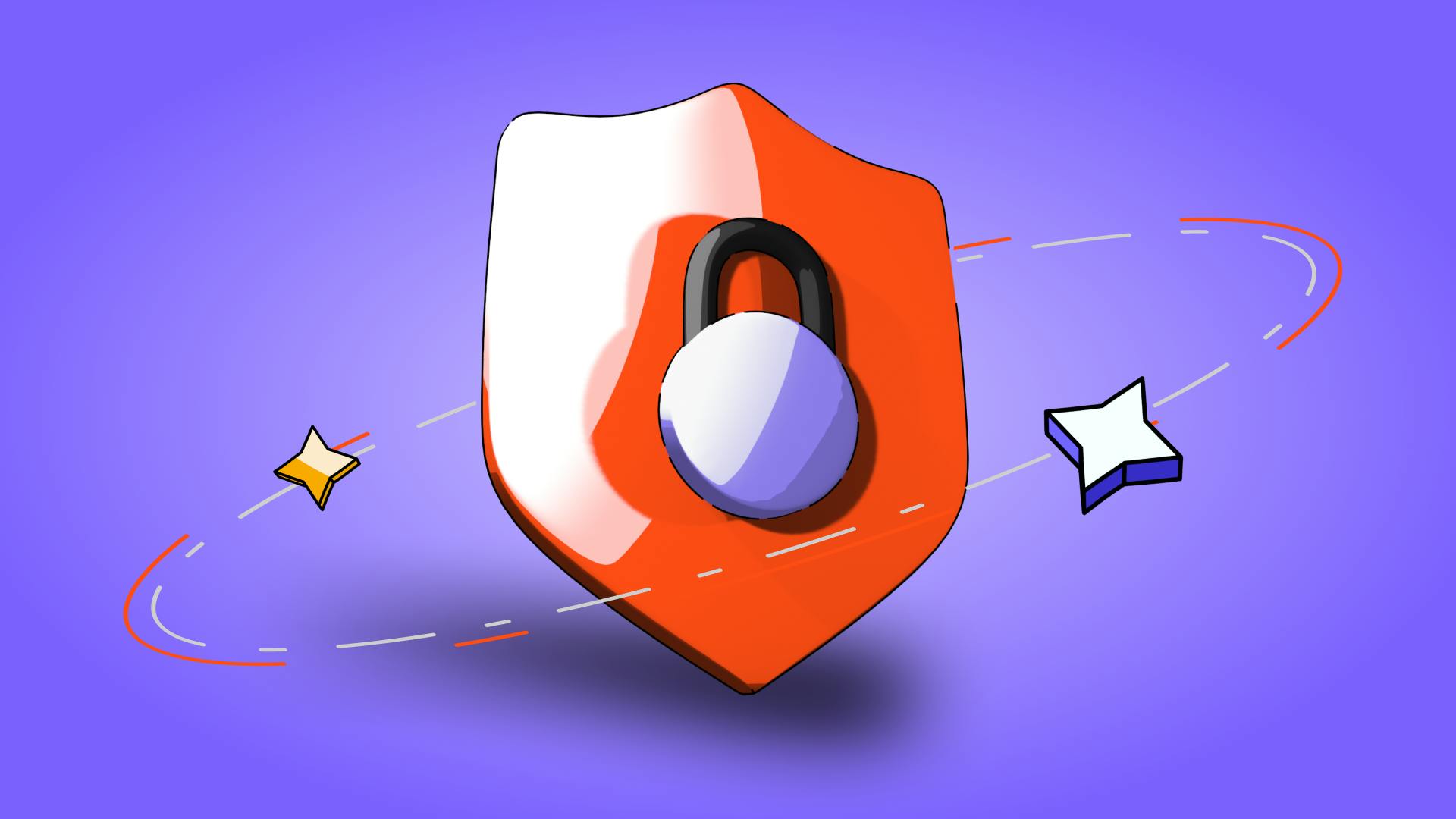
Regulatory Sandboxes: Fostering Crypto Innovation Within Legal Frameworks
The cryptocurrency industry’s fast rise fuels an important debate. Innovation aims to transform finance, enhancing speed and access. Yet, regulators…
5m
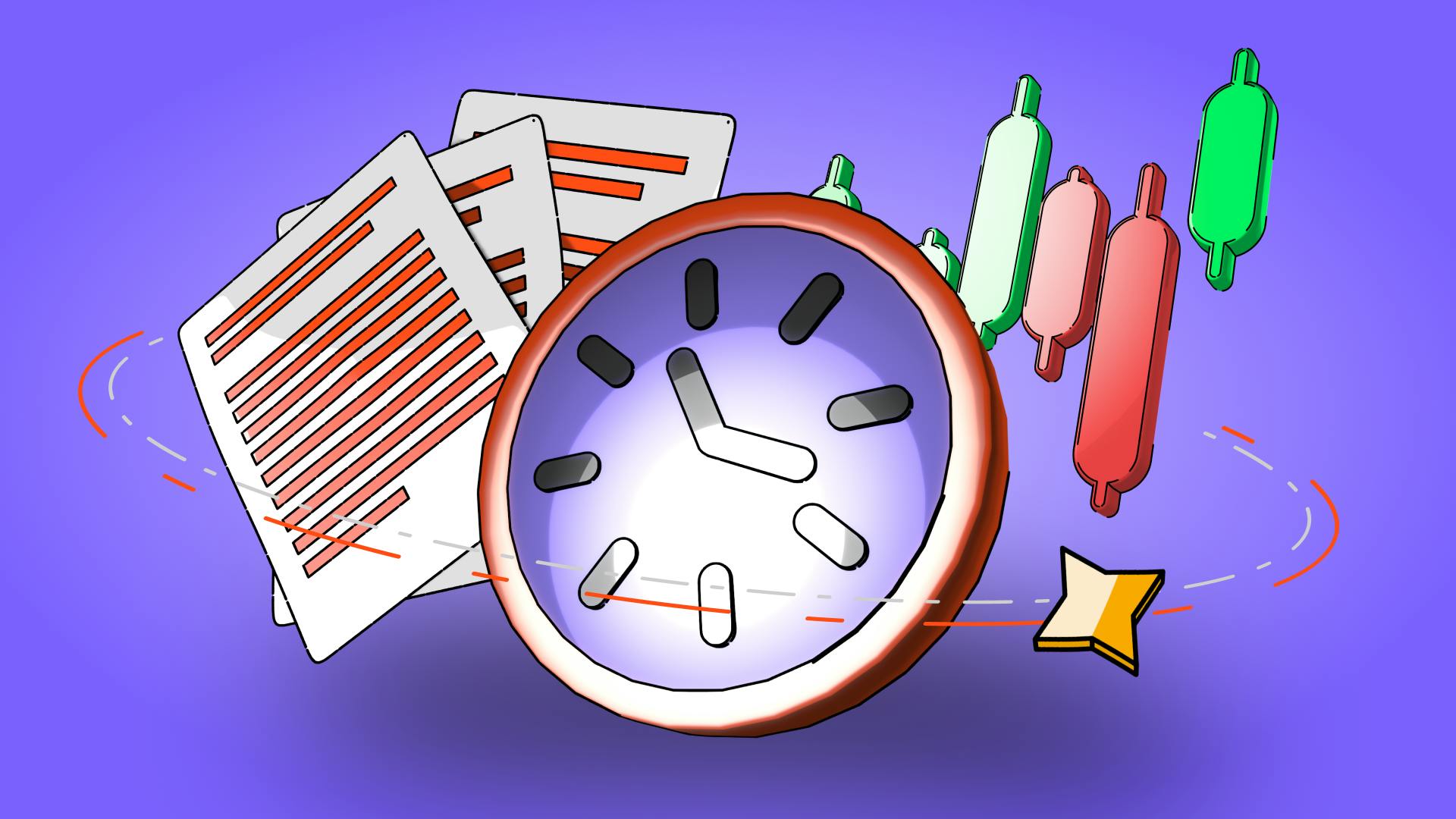
Crypto Options Trading: Strategies and Market Insights
Cryptocurrency markets have rapidly expanded beyond simple buying and selling. One of the most significant developments has been the rise of…
6m
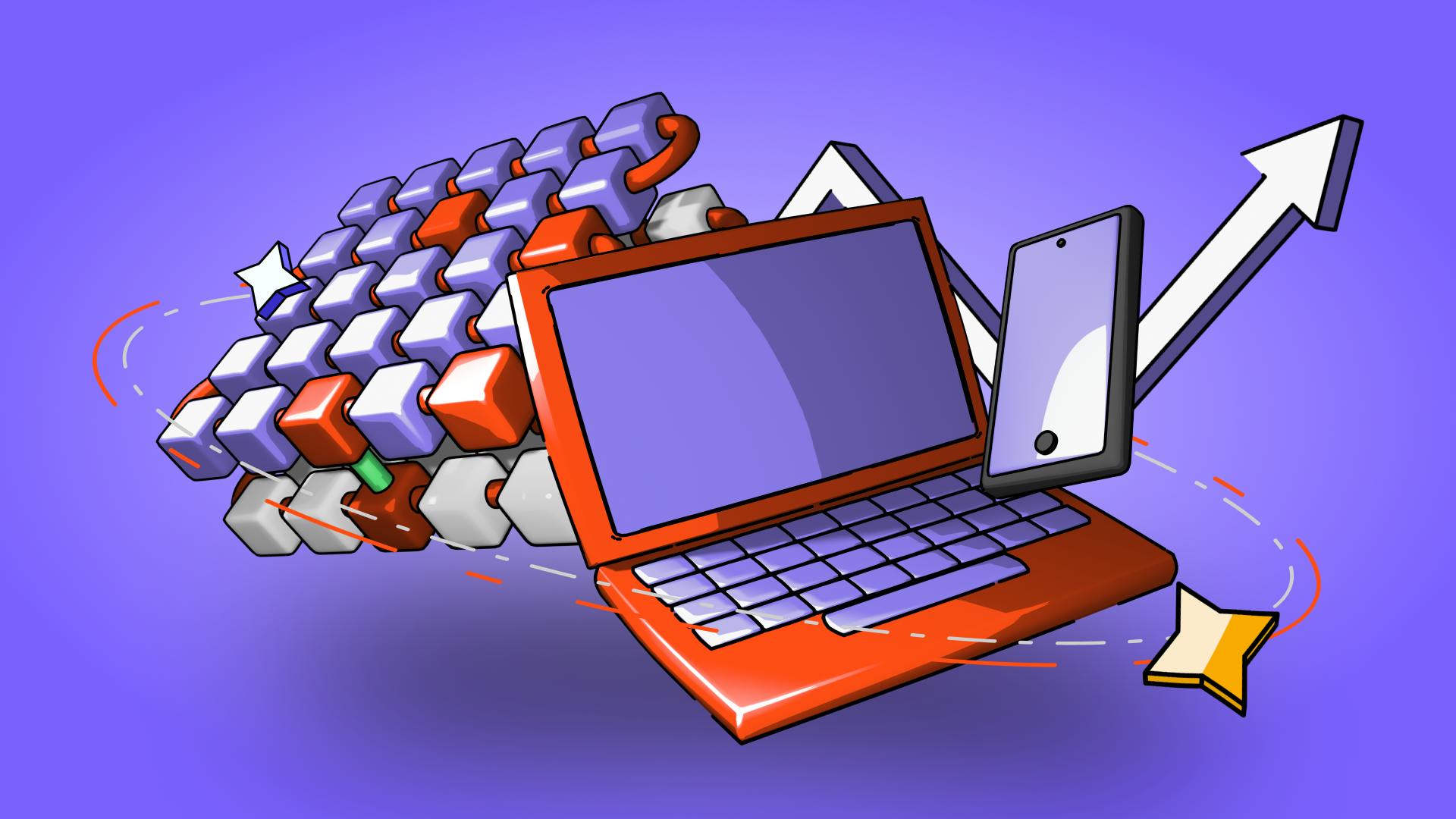
The Rise of Social-Fi: Blending Social Media with Decentralized Finance
In recent years, social media and finance have started to merge, creating Social-Fi. This concept blends the engagement of social platforms with…
6m

DeFi Insurance Platforms to Watch in 2024
Decentralized Finance (DeFi) insurance addresses the growing need for insurance against hacks, smart contract failures, and other DeFi-related risks.…
7m